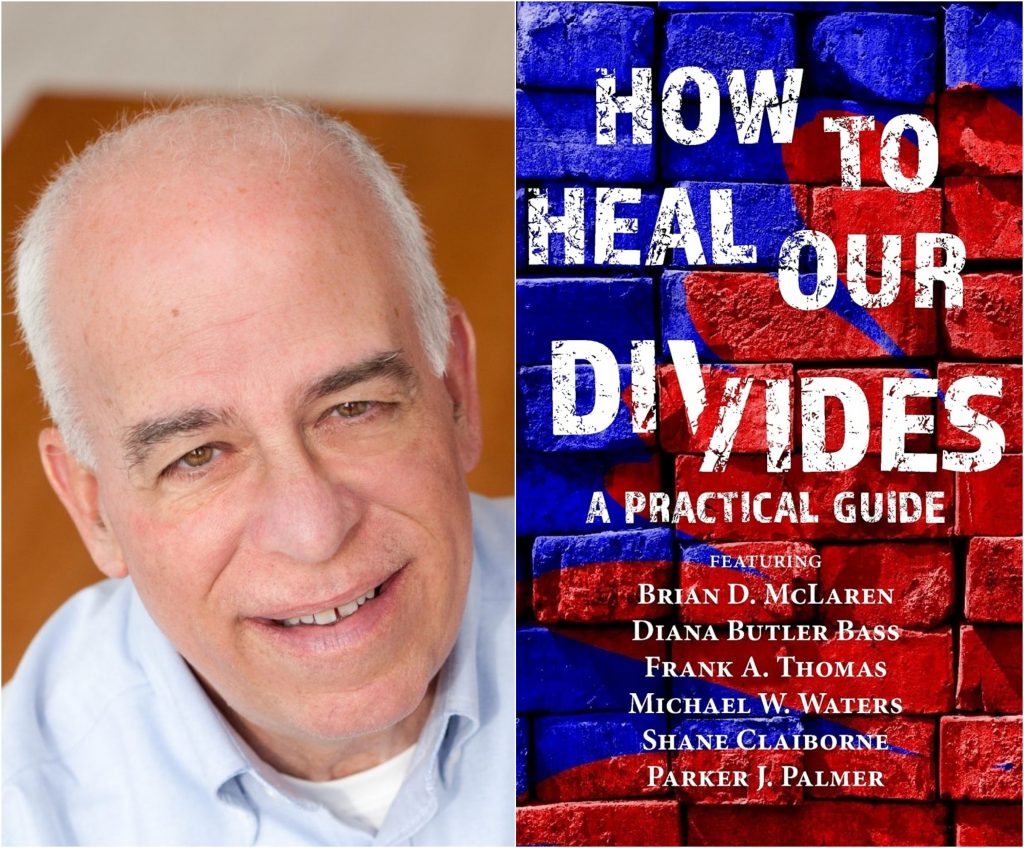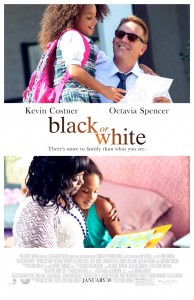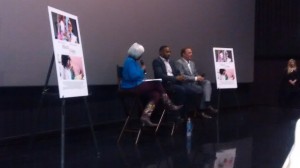Hello World,
At this juncture in our nation’s history, when discussions of Juneteenth, critical race theory, voter rights, police brutality particularly toward black men, etc. are on a national stage, Brian Allain’s new book How to Heal Our Divides: A Practical Guide has been released at a critical time. Below is a description of his timely book.
Our country has become quite polarized – what do we do about it?
Recent times have put a spotlight on the deep divisions in our society. Much has been written that acknowledges and describes racial, political, religious, and other divides, but there is little practical information on what we can do about them. How to Heal Our Divides highlights organizations that are taking real action to address these issues and heal divides in effective and practical ways. See how you can help make the world a better place.
I first met Brian when I attended his inaugural Publishing in Color writers conference at News Brunswick Theological Seminary in New Brunswick, New Jersey in 2018. The goal of this writers conference is to “increase the number of books published by spiritual writers of color. This includes groups such as African Americans, Asian Americans, Latinx Americans, and Native Americans, who have been under-represented in terms of the number of published books. We seek to achieve this objective in two ways: (1) Publishing in Color conferences, and (2) a TON of free resources for spiritual writers at Writing for Your Life.” In fact, this conference is one reason why I was able to write a cover story for Christianity Today magazine. Read that testimony HERE.
But this post is about How to Heal Our Divides: A Practical Guide. See my interview with Brian about his book below.
1. As a white Christian man, what inspired you to write How to Heal Our Divides: A Practical Guide?
There were three different things I experienced in 2020 that gave me the idea and motivation to pull together this book. First was my increasing distress with the polarization of our country. Second was the success of a video interview series called “Reading Hope in Trying Times” that I started right after the pandemic hit. I kept getting introduced to more and more people to interview, which was great. This in turn gave me the idea to do some sort of interview series after the election to address our country’s divides. The idea morphed from an interview series into a book with 33 different contributors. The third experience was that I read more than usual, and read several books about racial, political and religious divides. They were all mostly about the history behind the issue, or about how we should look inside ourselves to examine our own biases. All very good subjects, but I found very little written recommending what to do about it. So I decided to focus the book around that – creating a practical guide filled with examples of organizations actually doing something to heal these serious divides.
Without question, what made the book possible, and made it possible to pull together so quickly, was my network of relevant relationships with thoughtful, caring people who would either write a chapter or introduce me to someone appropriate who would. Many of the chapters are written by people leading organizations doing healing work across some set of issues.
Well, I hope so! It certainly won’t happen through the book alone, but rather by people actually getting involved with one or more of those organizations so that their efforts reach more and more people. The primary divides I wanted to address in the book were racial, political, and religious divides. But there is also a chapter that addresses bridging the divide between what are typically described as “fully-abled” and “less-than-fully-abled” or “disabled” individuals.
And what makes this guide practical?
What makes the book so practical is that it features all these organizations that are actually doing something. Not just talk; not just theory; not just history. But actually holding training programs, discussion forums, hands-on experiences, and other means by which people can both learn and experience transformational change.
4. How to Heal Our Divides: A Practical Guide has several co-authors or contributors. Who are they?
How were these co-authors or contributors selected and what was their response when you approached them about this project?
I am blessed with a network of relationships with people who are already active in this type of work, so I reached out to them for their recommendations, and requested many introductions to individuals and organizations that I thought were a potential fit. I also wanted a diversity of voices, backgrounds, and areas of focus. I was incredibly grateful at how positive the response was. In a matter of a few weeks I had accumulated more YES agreements to participate than I had set as my goal. I was originally aiming at 25-30 contributors and ended up with 33. Not only that, during the time since I stopped recruiting (because I had exceeded my goal) I have learned about many additional organizations that are doing similarly relevant and effective work. So I am hopeful that we can publish a second book, full of additional practical examples.
5. In the first chapter “Healing Our Divides: Why This Matters”, author Brian D. McLaren describes confirmation bias, complimentary bias and community bias, what are these biases and how do these biases impact our “divides?”
Brian McLaren wrote an excellent, inexpensive eBook that describes these and several other forms of bias. It is titled “Why Don’t They Get it? Overcoming Bias In Others (and Yourself)” and can be found here: https://brianmclaren.net/store/ The book includes examples of how Jesus used effective language to minimize the impact of these biases. An excellent read!
Also, in the first chapter, I read that many stories of divisions being healed were included in the book such as Jeff Burns, who was “transformed from a self-described rabid Islamophobe into a peacemaker”; David Bailey, “who is helping people get a foretaste in the present of a more peaceful future among races”; and Mark Feldmeir, who describes how “faith communities are playing a role in un-dividing America.” What is your favorite story or chapter in the book and why?
Wow! That is almost like asking me which is my favorite child! I have honestly not given any thought as to how to rank them. I am simply extremely grateful to all of the contributors for doing such a wonderful job. I think their chapters are well-written, and I am very impressed with the work their organizations do every day. And this project was on a very tight schedule with tough deadlines, so I greatly appreciated their timeliness in meeting those deadlines so that the book could be introduced quickly. I didn’t start recruiting contributors until late November, and we had a book available to order by May 18. That could not have happened without a massive amount of cooperation.
6. Who is your ideal audience for the book, and how do you plan to reach them?
I think the primary audience are people who already “get it” – they understand that our country has many very serious issues that need to be dealt with – and they want to take action in a way that will resolve the problems. Not sweep them under the rug, not demonize “the other side”; not just fight about it. They want to get out there, work with people, and solve problems!
7. According to your biography, you have developed and led spiritual writers conferences at Princeton Theological Seminary, Drew Theological Seminary, Western Theological Seminary, the University of Southern California, Belmont University, New Brunswick Seminary, and several churches all as a second career. You were formerly in the business and technology world, what inspired this second career?
When I turned 60 I asked myself “what do you want to do with the rest of your life?” I had the great fortune to have worked for Frederick Buechner and his family, to bring him online and introduce him to a new generation of readers. So I decided to start Writing for Your Life (followed by Publishing in Color and other projects) in order to take what I had learned working for Mr. Buechner and help other Christian writers. It has been an amazing blessing!
Brian Allain leads Writing for Your Life, a resource center and conferences for spiritual writers, which includes the Publishing in Color conference series, intended to increase the number of books published by spiritual writers of color. Brian also leads the teams that produce Compassionate Christianity and How to Heal Our Divides. Previously Brian served as Founding Director of the Frederick Buechner Center where he led the launch of Mr. Buechner’s online presence and established several new programs and strategic partnerships.
Brian has developed and led spiritual writers conferences at Princeton Theological Seminary, Drew Theological Seminary, Western Theological Seminary, the University of Southern California, Belmont University, New Brunswick Seminary, and several churches. He led the publishing effort for the book Buechner 101: An Introduction to Frederick Buechner, in collaboration with Anne Lamott. All of this is a second career, coming after successful business and technology leadership in high-tech. Brian has an MBA from the Wharton School of Business at the University of Pennsylvania, where he was designated a Palmer Scholar, their highest academic award.
For more information about Brian, go to writingforyourlife.com, howtohealourdivides.com compassionatechristianity.org, publishingincolor.com and whoareyoutryingtoserve.com.
Any thoughts?





 My father,
My father,  Join us THIS Sunday, Jan. 19, at 11 a.m. for our 8th Annual Racial Reconciliation Service.
Join us THIS Sunday, Jan. 19, at 11 a.m. for our 8th Annual Racial Reconciliation Service.